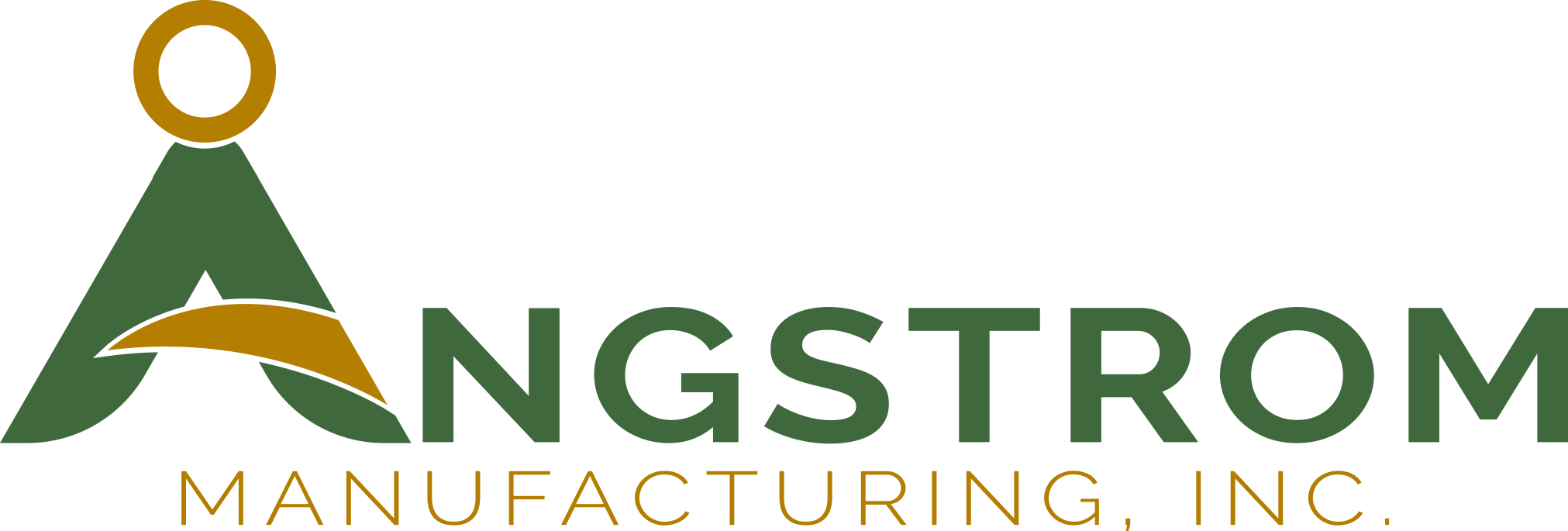It’s no secret that COVID-19 has generated new heights of demand for face masks in the United States that is not going down. As companies everywhere scrambled to secure masks for their employees, many have noticed significant differences in mask quality, availability, and pricing particularly when comparing imported masks to domestic options. In recent months, supply has grown and options are more readily available for businesses and consumers alike. But the question is: when faced with a sea of domestic and imported PPE options, which options are going to be effective in keeping your family and employees safe?
Quality
A difference in mask quality can be the difference between a safe trip to the store and weeks of serious illness. Medical quality masks manufactured in the United States are required to undergo rigorous testing to assure that they allow for breathability while still protecting the wearer. BRS’s masks have been independently verified by a third-party laboratory to meet ASTM F2100-19 standards. That means filtering out 95% or more of particles for a level 1 mask and 98% or more at level 3. Our masks ensure that only clean air passes through.
Weld strength between layers of a mask is a critical factor in how well it filters out small particles. When compared to commonly imported Chinese and Korean surgical masks, BRS’s masks demonstrate nearly double the layer-to-layer weld strength with extremely low lot-to-lot variability. These tight welds mean that these masks are also easier to breathe in with a lower GSM weight (thickness) than imports. This combination of increased safety and increased breathability is made possible by our strict specifications for raw materials and a tightly controlled ISO 13485 manufacturing environment.
While it’s critical for a mask to filter out unwanted germs, that’s only meaningful if the mask stays on. Ear loop failure is the top complaint for surgical masks across the board. BRS’s masks utilize high quality fabric welding technology to offer ear loops that are 40% stronger than the next best Korean import and over double the strength of Chinese masks. Our masks don’t just filter better, they last longer for extended comfortable wear.
Every lot of BRS masks is tested on 18 key attributes prior to shipment, ensuring that our customers receive the best product every time.
Cost & Availability
COVID-19 has educated us on many topics we didn’t expect and among them is the international supply chain for common products. Across the world, many people are still experiencing shipping delays and customs issues, particularly for bulk purchases. When an item is needed now, these falters in the supply chain can have heavy consequences. In 2020, many industries have been impacted by the inability to get raw materials, electronic components, and protective equipment when they need it – masks in particular.
These delays aren’t just inconveniences, they can be costly. 2020 has seen a rise in international shipping costs and many companies have experienced greater costs getting products through customs once they reach the U.S. While imported goods from China and Korea are often less expensive by the item, this benefit is often minimized when these costs and timeline delays are factored in.
Domestic products, like BRS’s face masks, offer numerous advantages on both accounts. With regionally sourced raw materials and a domestic factory, BRS can tightly control quality while protecting shipping timelines. Thanks to our streamlined manufacturing processes, we’re also able to offer cost competitive bulk mask options at domestic shipping rates. Our customers get a good deal and get their shipment when they’re supposed to.
Make the Switch
At BRS, we’re proud to manufacture high quality masks in our Richmond, Virginia facilities. Our scalable manufacturing capabilities empower us to support bulk orders for large businesses while maintaining high quality standards and shipping on fast timelines. Connect with us to see if BRS is right for your domestic and effective PPE needs.
Article written by MARA UNKEFER – Director of Consumer Research at Blackbriar Regulatory Services


